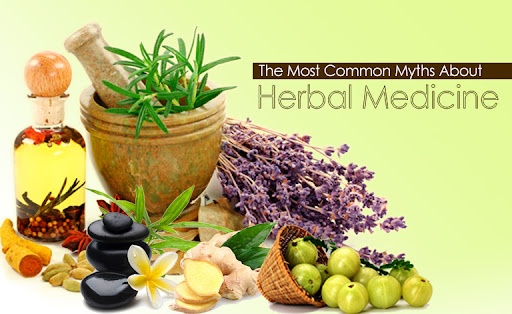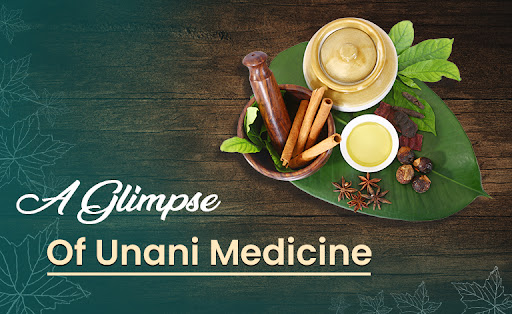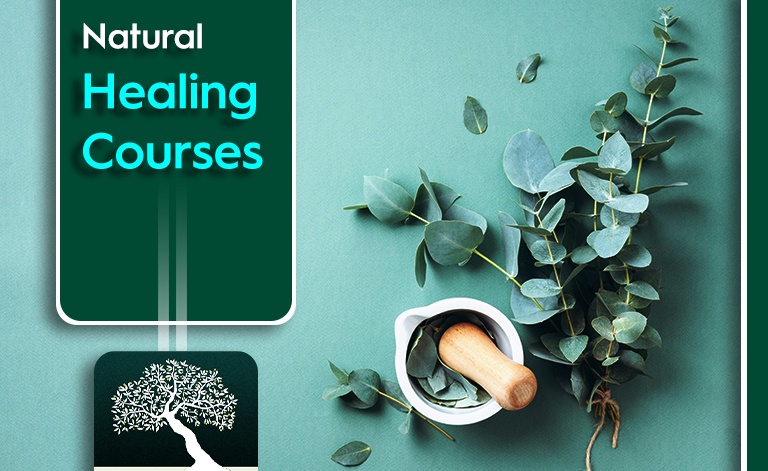With WHO recognizing scientifically-proven traditional medicines, a large segment of the population is relying on natural approaches to manage their health issues. Herbalism is a prevalent and widely employed traditional medical practice centred on plants and plant extracts. Despite the popularity of conventional medications in general and herbalism in particular, there is still a lot of confusion about them among the mass. This myth-busting post will address a few of those common misunderstandings about herbal medicine.
#1 Herbal Medicine Is Neither Scientific Nor Evidence-Based
Many people think that herbal medicine is not scientifically proven or evidence-based. However, this is nothing but a misinterpretation that we must stop believing. Herbalism is a science and research-based medical education. To become a certified practitioner, one requires around two to four years of dedicated herbal medicine training. Many prominent government agencies and medical regulatory bodies have already recognized the effectiveness of herbalism after conducting research.
#2 Herbalism Is a Costly Affair
Do you think that herbal medicines are expensive? The time has come to break this misconception. To determine the price of herbal medicines, we have to understand where they come from. Well, they come from plants and plant extracts that have healing power. These plants are typically expensive due to their unique value proposition. Herbal medicine practitioners may also consider growing these plants independently, but that requires time, effort, and expertise to grow plants.
Gathering plants or plant extracts with healing power is only half the job. Effort, time, knowledge, and years of experience are also required to make medicines from plants that are easy to preserve and consume. We should not forget that performing quality checks, drug trials, and building supply chains also have costs. If you consider all the expenses mentioned above, you will understand that herbal medicines are not overpriced.
#3 Herbal Medicine and Homoeopathy Are the Same
Many people across the globe think that herbal medicine is the same as homoeopathy, or at least their fundamentals are the same. But in reality, they are unrelated. Herbalism takes pharmacological pathways and the knowledge of chemistry and biology to relieve suffering. Homoeopathy, on the other hand, is a form of energy healing. It takes a personalised approach to trigger the body’s natural healing forces.
#4 Herbal Medicine Is Particularly for Hippies
The demography of patients undergoing herbalism is as diverse as the general population. Individuals of different ages, ethnicities, genders, and socioeconomic categories rely on herbalism to manage and treat their diverse health conditions. So, we would say that herbal medicine is not for hippies but for those who want to embrace a minimally invasive medical practice.
Hopefully, with the common myths addressed, you have a better understanding of herbalism. Now you can also complete your diploma in herbal medicine and become a certified practitioner. Comha is a leading institution in the UK offering comprehensive herbal medicine courses. Contact us now for a deep insight into our course modules.



